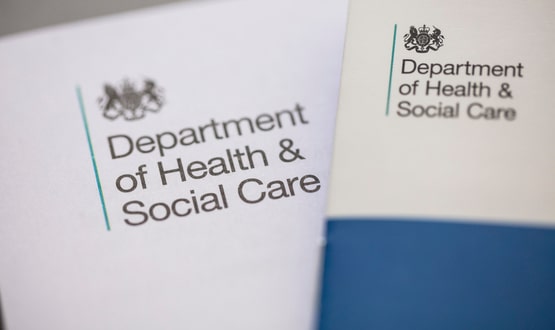Digital Health Coffee Time Briefing ☕
- 13 October 2023

Your morning summary of digital health news, information and events to know about if you want to be “in the know”.
???? News round
The UK Department of Health and Social Care (DHSC) announced that applications are now open for Integrated care systems to apply for a share of £30 million to roll out innovative technology. Available to each region in England, ICSs – organisations that come together in local areas to deliver joined up health and social care services – can now bid for funding to invest in the latest technology that can help cut waiting lists, speed up diagnosis and deliver new and improved ways to treat patients.
???? Computer errors, bad technology choices, and flawed processes have disrupted the recruitment of trainee anaesthetists in England and Wales. In autumn 2021, candidates seeking their third-level specialist training position (ST3) were waiting to hear where they would end up in one of the NHS’s most sought-after medical disciplines. However, the body responsible for their selection and recruitment – the Anaesthetic National Recruitment Office (ANRO) – told all the candidates for positions in Wales they were “unappointable,” despite some of them achieving the highest interview scores. The problem occurred after a ranking column in the Wales Region Spreadsheet had been wrongly transferred to the Master National Spreadsheet, erroneously appearing as an interview score. It only came to light in July, following a Freedom of Information request, The Register reports.
???? Free resources have been launched for GP practices to support patients learn how to use online health services, such as the NHS App or video calls with GPs. They include free bite-sized courses for beginners that cover online basics to help patients overcome barriers to using digital technology. The resources are provided by national charity Good Things Foundation.
???????? Phesi, global provider of patient-centric data software and services, is launching a new Health Check and Trial Rescue Service to analyse at-risk clinical trials within ten days and provide free of charge insights into the likely outcome of a trial – as well as actionable recommendations to bring a trial back on track. Around a fifth of trials designed today will fail and many zombie trials continue to run. The new service will use the Trial Accelerator Platform, the world’s largest clinical trials database, to analyse a trial protocol based on data from patients, trials, countries, and investigator sites. By then providing free feedback on how to optimise this protocol, the service will reduce protocol amendments, which are costly and slow down trials significantly.
???? The U.S. Food and Drug Administration has announced the creation of a new Digital Health Advisory Committee to help the agency explore the complex, scientific and technical issues related to digital health technologies (DHTs), such as artificial intelligence/machine learning (AI/ML), augmented reality, virtual reality, digital therapeutics, wearables, remote patient monitoring and software.
❓ Did you know that?
There have been zero IPOs of digital health companies so far in 2023, Forbes reports, suggesting that the boom market for the sector is continuing to cool.
???? What we’re reading
The National Institute of Health and Care Excellence (NICE) has released initial guidance recommending the use of seven technologies to help manage non-specific lower back pain.
???? This week’s events
LLMs/foundation models in healthcare. With Dr Eric Topol
Digital Health Section Podcast – Royal Society of Medicine




